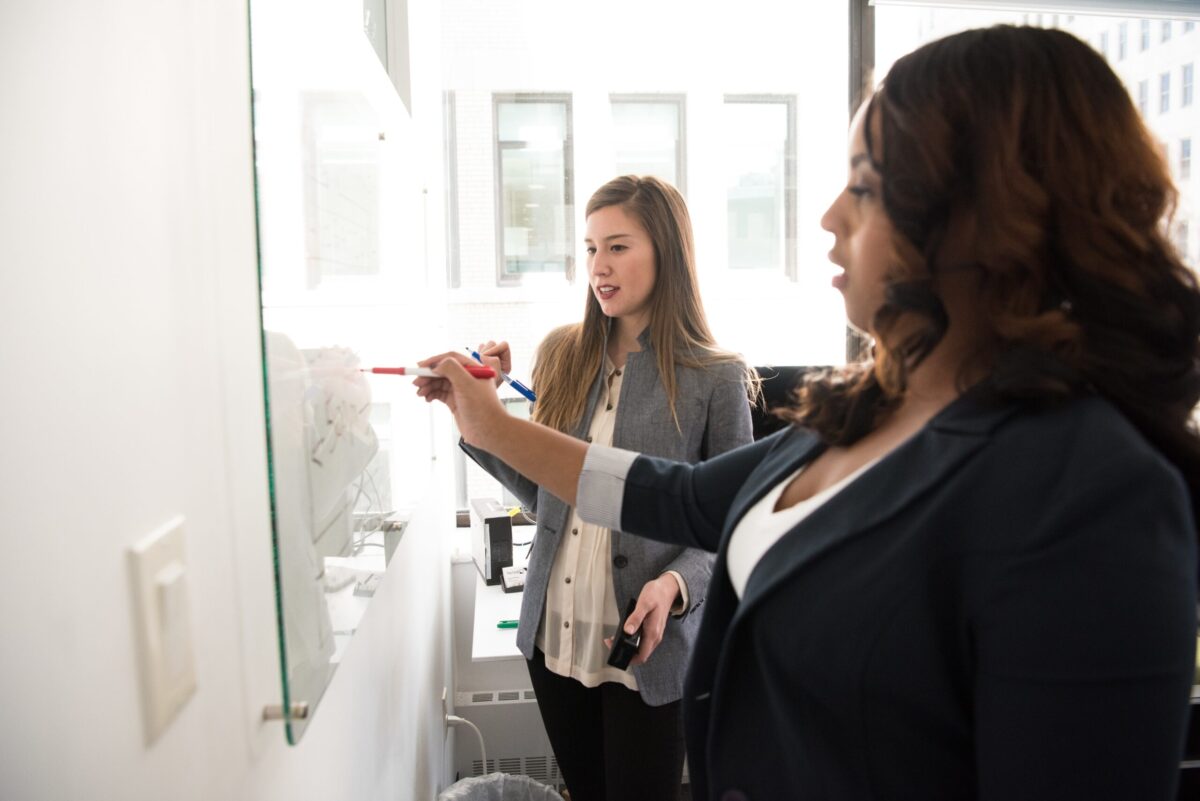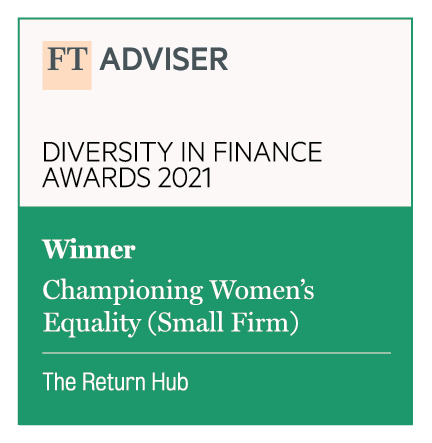
“We see things not as they are but as we are” – by Helen Cowan, Executive Coach and Founder of The Tall Wall, 2nd January 2017
Often when I am coaching I am reminded of the line by the prominent write, Anais Nin: “We see things not as they are but as we are”. In other words, how we view the world and particular situations is always through the filter of our own experiences. If we follow this through one might conclude that there is no such thing as “reality” only different perspectives.
Why is this relevant in coaching?
Let me tell you a story….
A client of mine, a talented female partner in a multinational law firm, had been asked to move to a new office to head up an under-performing team. The expectation was that she would improve morale, reinvigorate the service proposition, substantially increase fees and, in short, quickly turn this part of the business around. Let’s call her Catherine. I was brought in to support Catherine through this transition.
How did Catherine perceive this transition? Part of her was very confident – she had successfully managed a turnaround before (albeit on a much smaller scale) and felt in need of the professional challenge this opportunity offered. She was flattered to have been asked to take this on over and above some of her more experienced colleagues. But then the limiting beliefs started to creep in and became increasingly prominent: “I’ve had run-ins with people in that team before and they are going to give me a hard ride”; “I have no track record”; “I am not as good at building relationships as I should be”; “I’m going to be found out as the imposter I am”.
The “reality” of the job she was embarking on was being shaped by the voice of doubt and, to go back to Nin’s line, Catherine was seeing this opportunity not as it was but as she was. The limiting beliefs were of course serving a purpose (they always do) – if Catherine prepared herself for the worst it wouldn’t come as a shock when the worst came true. But what would happen if Catherine listened to the more confident voice? How would this serve her better? How would she be if she knew she could execute this role brilliantly? What new ideas would this give her? This shift in mindset formed the bedrock of our work together.
So, what happened? Catherine executed brilliantly (although it was an extremely tough battle at times). The voice of limiting beliefs is still with her and continues to serve as a reminder of the worst that could happen but she has learned to choose which voice she listens to and she knows she is in control of this.
Think about a situation you are either in right now or are about to encounter. Ask yourself:

